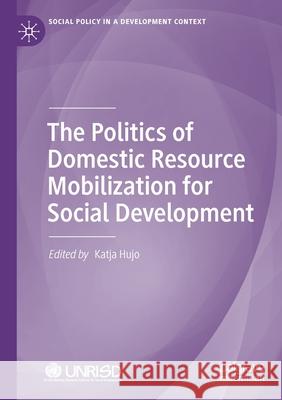The Politics of Domestic Resource Mobilization for Social Development » książka
topmenu
The Politics of Domestic Resource Mobilization for Social Development
ISBN-13: 9783030375973 / Angielski / Miękka / 2021 / 443 str.
The Politics of Domestic Resource Mobilization for Social Development
ISBN-13: 9783030375973 / Angielski / Miękka / 2021 / 443 str.
cena 402,53
(netto: 383,36 VAT: 5%)
Najniższa cena z 30 dni: 385,52
(netto: 383,36 VAT: 5%)
Najniższa cena z 30 dni: 385,52
Termin realizacji zamówienia:
ok. 22 dni roboczych.
ok. 22 dni roboczych.
Darmowa dostawa!
Kategorie:
Kategorie BISAC:
Wydawca:
Palgrave MacMillan
Seria wydawnicza:
Język:
Angielski
ISBN-13:
9783030375973
Rok wydania:
2021
Wydanie:
2020
Numer serii:
000295877
Ilość stron:
443
Waga:
0.56 kg
Wymiary:
21.01 x 14.81 x 2.44
Oprawa:
Miękka
Wolumenów:
01
Dodatkowe informacje:
Wydanie ilustrowane











